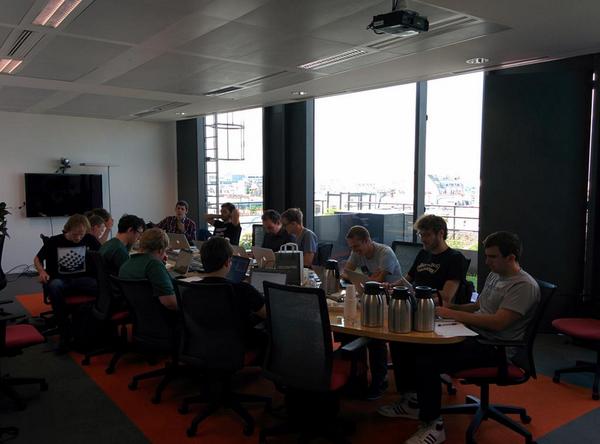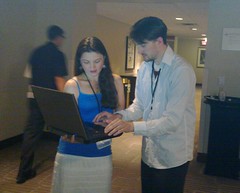MLOSS: machine learning open source software workshop @ ICML 2015
Note
This year again we will have an exciting workshop on the leading-edge machine-learning open-source software. This subject is central to many, because software is how we propagate, reuse, and apply progress in machine learning.
Want to present a project? The deadline for the call for papers is Apr 28th …





